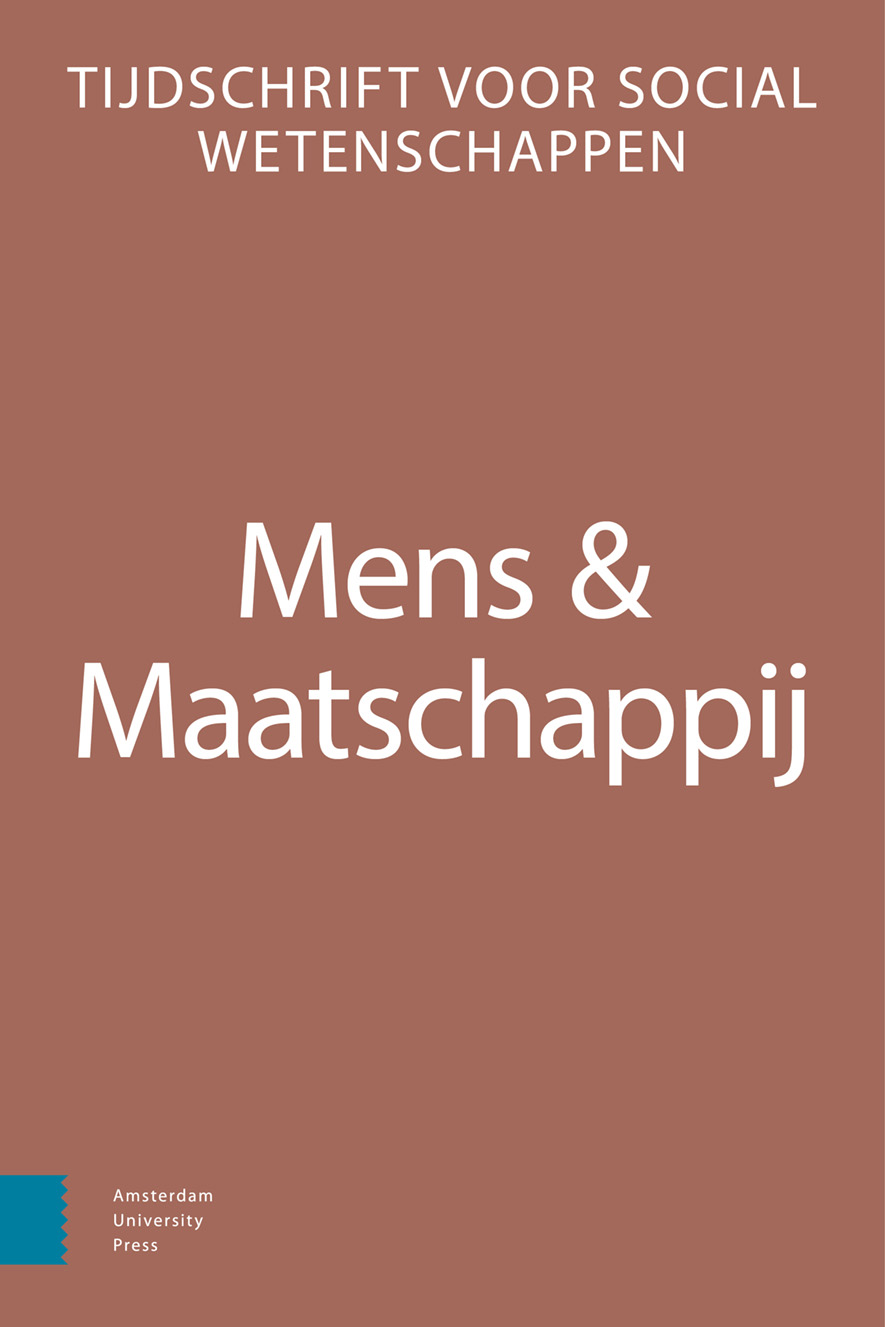-
oa Stabiliteit en verandering in intergenerationele familierelaties - Verschuivingen in relatietypen over een periode van drie jaar
- Amsterdam University Press
- Source: Mens & Maatschappij, Volume 86, Issue 4, Dec 2011, p. 341 - 371
Abstract
Continuity and change in intergenerational family relationships: An examination of shifts in relationship type over a three-year period.
This paper focuses on shifts in adult child-parent relationship type using the first two waves of the Netherlands Kinship Panel Study (NKPS). The analyses are informed by both a life transitions perspective, and the negotiation of relationships perspective. The intergenerational relationships typology represents different combinations of solidaristic acts and conflict. We employed Latent Transition Analysis to determine the prevalence and predictors of shifts. Less than 5% of the dyads shifted to a different type. Insofar shifts took place, they were most likely from the ambivalent type, and particularly so for relationships with mothers and daughters. Offspring (re)partnering, offspring divorce, parental widowhood, parental health decline, offspring unemployment, birth of a grandchild, and moving nearer, did not predict typology shifts, whereas the number of parental divorces was too small for analyses of change. Parental repartnering prompted a shift towards the discordant type with its low probabilities of contact and support exchange, and the relatively high likelihood of conflict over personal issues. Moving away prompted a shift from the ambivalent type with its high probabilities of supportive exchanges and conflict over material and personal issues. Over a period of three years, there is considerably more continuity in adult child-parent relationships than change.


